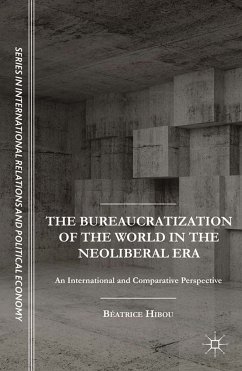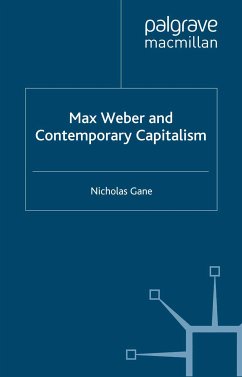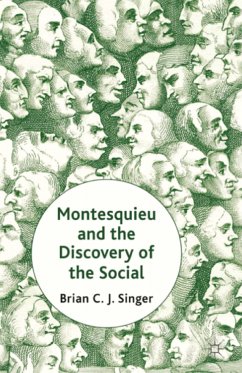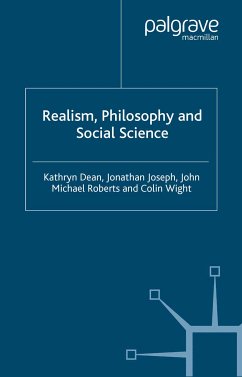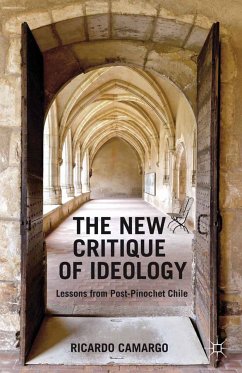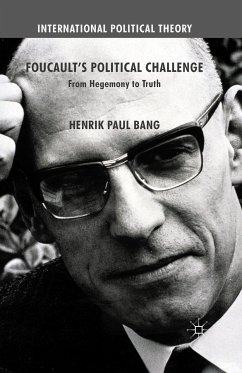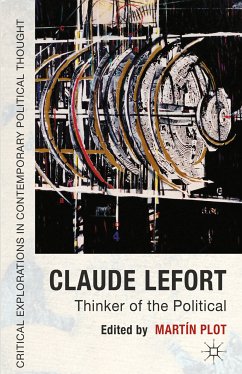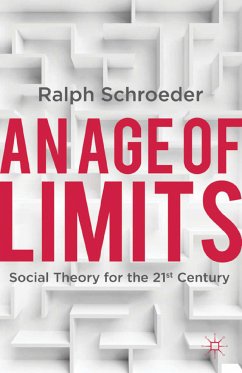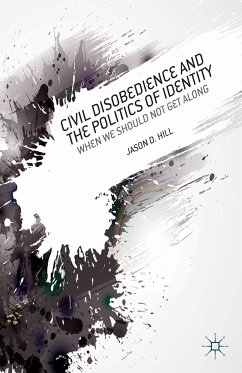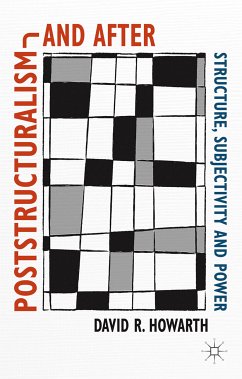
Poststructuralism and After (eBook, PDF)
Structure, Subjectivity and Power
Versandkostenfrei!
Sofort per Download lieferbar
112,95 €
inkl. MwSt.
Weitere Ausgaben:

PAYBACK Punkte
56 °P sammeln!
This book articulates the key theoretical assumptions of poststructuralism, but also probes its limits, evaluates rival approaches and elaborates new concepts. Building on the work of Derrida, Foucault, Heidegger, Lacan, Laclau, Lévi-Strauss, Marx, Saussure and Zizek, the book also provides a distinctive version of the poststructuralist project.
Dieser Download kann aus rechtlichen Gründen nur mit Rechnungsadresse in A, B, BG, CY, CZ, D, DK, EW, E, FIN, F, GR, HR, H, IRL, I, LT, L, LR, M, NL, PL, P, R, S, SLO, SK ausgeliefert werden.



